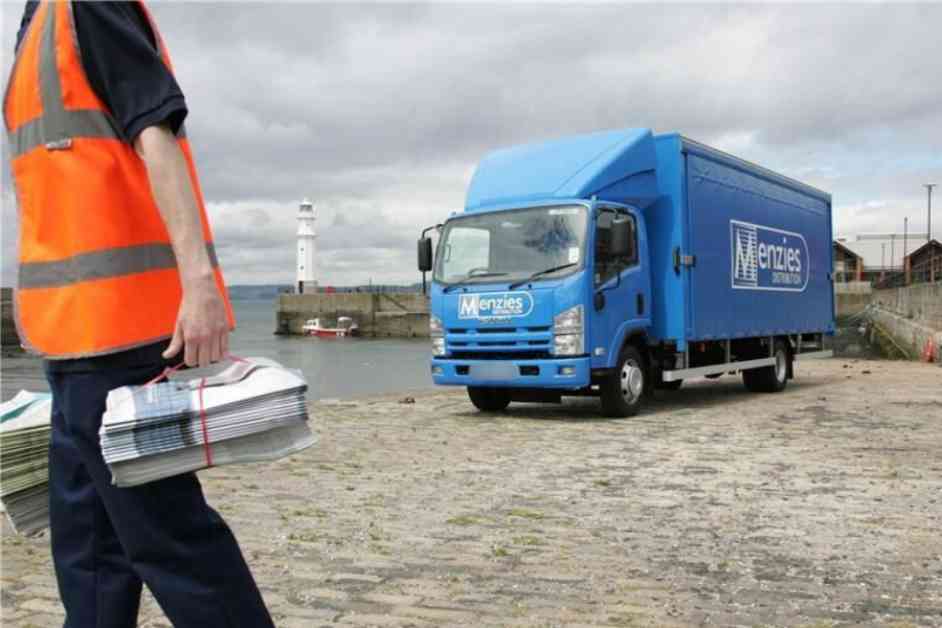A Scottish company with a long history, Menzies Distribution, has recently been acquired by European giant InPost in two stages for a total of nearly £110 million. The company, which has been around for almost 200 years and employs around 5,000 people, had previously been sold by its parent company John Menzies to a private equity group for £74.5 million. This latest acquisition by InPost marks a significant development in the company’s ownership history.
On the other hand, Donald Trump’s Aberdeenshire golf course, Trump International Scotland, has reported increasing losses despite a rise in turnover. The resort saw pre-tax losses nearly double to £1.4 million in the past year, marking the 11th straight year of losses for the property. This comes as a contrast to the family’s Turnberry resort in South Ayrshire, which experienced positive financial results during the same period.
Additionally, Mark Logan, the chief entrepreneurial advisor to the Scottish Government, has resigned from his position due to what he described as the “draining” effects of right-wing attacks. Logan, who was brought in by Deputy First Minister Kate Forbes in 2020 to review Scotland’s technology ecosystem, has been a key figure in shaping entrepreneurial policy in the country. His departure raises questions about the future direction of Scotland’s technology sector and the government’s approach to supporting innovation and growth.
In terms of infrastructure development, Glasgow is set to undergo a major transformation with the creation of 11 ‘Avenues’ in the city center. This project, funded through the City Deal and other government streams, will involve significant changes to major streets such as Argyle Street, the Broomielaw, and Clyde Street. The goal is to revitalize the city center and improve the overall pedestrian experience, building on previous initiatives like the pedestrianization of Buchanan Street in the 1970s.
Overall, these recent developments in Scotland’s business, tourism, technology, and urban planning sectors highlight the ongoing changes and challenges facing the country’s economy and society. As companies change hands, resorts struggle with financial losses, key advisors step down, and cities embark on ambitious revitalization projects, the future of Scotland’s economic and social landscape remains uncertain yet full of potential for growth and innovation.
































